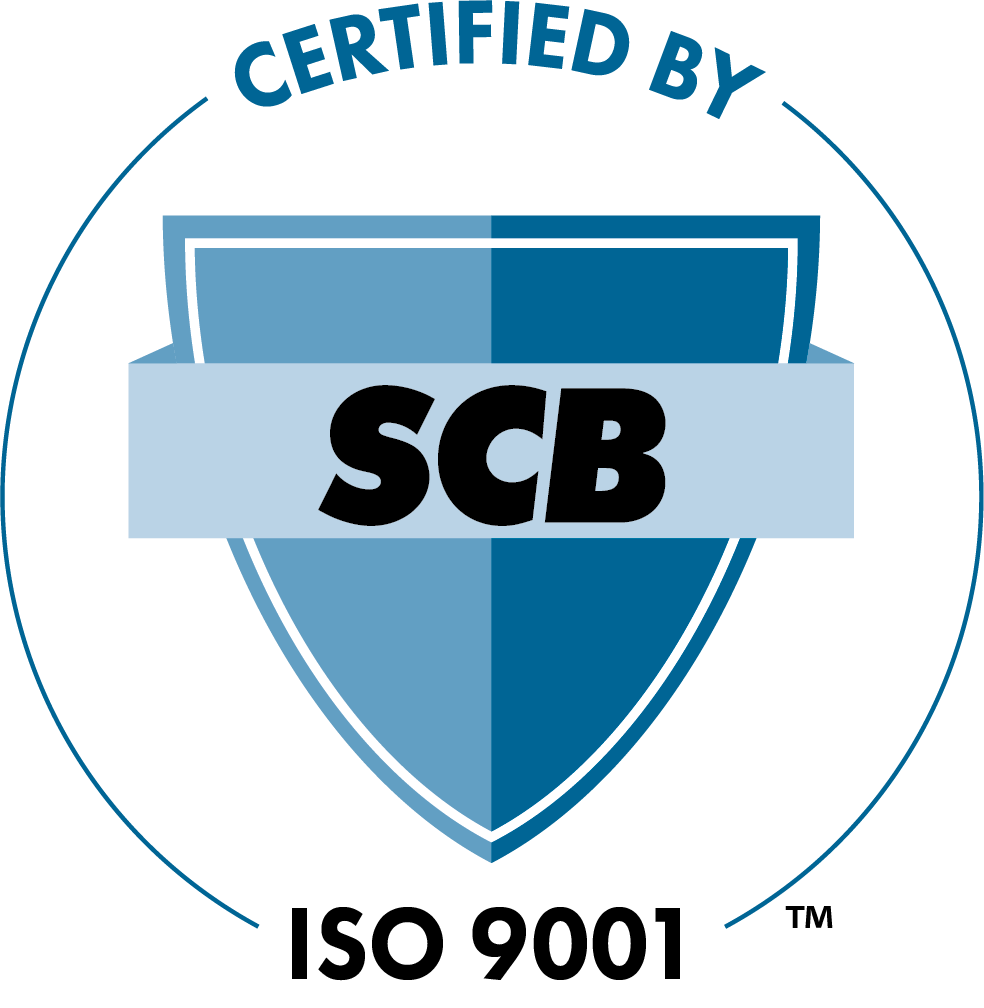Science and Art
Finding the right answer to complex questions requires both science and art. Complex questions cannot be answered by the rote application of methods, no matter how advanced. If they could, then they would be merely complicated, not complex. The science of finding the right answer requires an appropriate mix of qualitative and quantitative approaches regardless of the discipline involved.
The domains Group W works in require:
- A sophisticated understanding of the disciplines of operations research, mathematics, statistics, computer science and related fields
- A sound theoretical foundation in the social sciences including sociology, economics, conflict resolution and related fields
- An appreciation for practically-based tacit knowledge of organizational challenges and operational environments
The art of finding the right answer requires:
- Recognizing that human behavior is at the heart of almost all complex questions
- Appreciating that questions are rarely reducible to simple characterizations
- Allowing multi-faceted thinkers to harvest and incorporate the best approaches from ostensibly unrelated domains
- Believing that the integration of wisdom and deep expertise can often achieve the seemingly impossible
- The ability to communicate and defend insights
Group W's people apply science and art in the overlapping areas of:
- Analysis—Employing critical thinking, mathematical techniques and social methods in the quest for insights and answers
- Modeling and Simulation—Developing flexible tools to support analysts and researchers by combining sophisticated computer science and mathematical methods
- Research—Advancing critical thinking with trans-disciplinary teams of scientists, expert practitioners and technologists
- Wargaming—Evolving the art of computer-assisted techniques for a more rigorous and defensible exploration of decision-making within synthetic conflict
Group W's clients face complex problems that defy straightforward solutions but they have the vision and the resolve to confront them nonetheless. Meaningful analysis requires a reasoned approach to assessing these complex problems, asking the right questions and developing insights that lead to the right answer.
Analysts apply a variety of approaches to address complex questions. Some analytic methods decompose a problem into its constituent elements while other approaches take a more holistic view. Statistical and mathematical techniques are often applied but since many genuinely complex questions involve human behavior, social methods must also be considered. Most commonly, a blend of approaches appropriate to the specific question is used to leverage the strengths and mitigate the weaknesses of each method.
The most important insights are often subtle and sometimes even counter-intuitive. Discovering pivotal insights requires an environment that demands openness to new points of view, the intellectual resilience to push tirelessly against a seemingly insoluble problem and a culture that values truth above all other goals.
Out of intense complexities intense simplicities emerge.
- Winston Churchill
Skillful application of the art and science of analysis to complex problems improves the understanding of underlying phenomena and relationships. Successful analysis meaningfully informs decisions on actions that will realize better outcomes. Exceptional analysis incorporates the practical realities of the situation. An ideal solution that cannot be implemented might be an interesting topic for further research but is not a useful answer for decision makers.
Group W people design and create large-, medium- and small-scale simulations to help analysts, researchers and clients explore and understand complex problems. When employed appropriately by skilled analysts, simulations are invaluable tools for exposing elements of a problem and evaluating alternative solutions. Misused, they can obscure true solutions and compound the difficulty of understanding a problem. Visionary clients know to carefully scrutinize a simulation and its application when weighing results.
The design of a simulation starts with a conceptual model—an abstract, algorithmic representation of the various entities and interactions of interest. It takes exceptional people to get this right—a poorly conceived model cannot be redeemed by excellent programming. Further insights into the problem and how to attack it are often-overlooked benefits of this stage. Our model designers look to uncover previously hidden issues and illuminate their implications for the analytical objective.
... I believe the best test of a model is how well the modeler can answer the questions what do you know now that you did not know before? And how can you find out if it is true?
- Jim Bower
Our team of model designers, software architects and computer scientists turn a conceptual model into a functional simulation. The challenge in this stage is to enforce adherence to the design while promoting innovation in the implementation. As computer programs, simulations can involve hundreds of thousands or even millions of lines of code. They typically continue to evolve through a series of upgrades and can have useful lifetimes of more than a decade.
The creation of a useful, elegant and durable piece of software is an exercise in striking a balance between often competing objectives (e.g., fidelity, runtime, data availability, transparency). Building a useful and usable simulation also demands a careful combination of science and art. Scientific principles guide the design and implementation, but art and wisdom must be applied to ensure that real analytic resolving power is the result.
Group W's research efforts are focused on complex problems in areas of long-standing concern as well as emerging issues. The purpose of our research is to advance the state of knowledge in areas of primary concern to our clients. Some clients are trying to rationalize physical processes and interactions in a scope and scale that conspire to make understanding difficult. While challenging, these questions can be resolved by creative modeling approaches and quantitative techniques. Other clients face more daunting questions where the dynamics of human social, behavioral, and cultural systems combine to make the problem seem impenetrable and resolution a fantasy.
The way to do research is to attach the facts at the point greatest astonishment.
- Celia Green
We focus on bringing together researchers with the wide range of expertise necessary to develop approaches to understand these problems. Our research teams include social scientists working in many disciplines, such as sustainable development, conflict resolution, public and organizational policy, and computational and systems experts. Of critical importance is that our teams are comprised of people who bridge multiple disciplines, and who value knowledge that spans from the realm of practical experience to the theoretical domain. In our trans-disciplinary approach, domain experts don't talk past each other, ignoring what they aren't familiar with and relying narrowly on what they do know. Instead, they exploit shared perspectives and overlapping skills to forge innovative ways to advance the state of the art.
Lessons learned from decades spent analyzing complex questions involving complex processes and interactions gives us the perspective to value incremental progress and be wary of absolute solutions. This realistic but determined attitude enhances our ability to improve outcomes, whether they are associated with increasing the effectiveness of development and disaster response initiatives funded by international organizations, building awareness of the impact of social and cultural dynamics in complex operations, or informing policy debate for better organizational responses to a variety of challenges.
Group W’s wargaming team develops, designs, and executes tactical, operational, and strategic wargames to examine complex problems. Wargames elucidate participant decision-making within a synthetic, competitive battlespace. Our team specializes in rigorous, credible, and immersive wargames as part of a larger analytic process. While we can and do perform bespoke game development, our primary passion is evolutionary wargaming where designs are crafted, iterated, and refined according to the general and specific purposes of the client.
Group W staff are recognized thought leaders within the wargaming community. Our methods include seminar, matrix, and rigid adjudication supplemented by near real-time modeling and simulation as appropriate. We are pioneers of computer-assisted wargaming techniques to enhance game visualization, recordation, and adjudication. Ultimately, we believe a tight coupling between man and machine coalesce human ingenuity and computing power in the discovery of possibilities.
If everyone is thinking alike, someone isn’t thinking.
-George Patton
The Group W wargame bench is comprised of seasoned, innovative, and eclectic wargame designers and analysts with deep gaming skills accumulated through military, industry, commercial, and personal experiences. Our experts thrive on bringing structure and insights to intractable questions.


